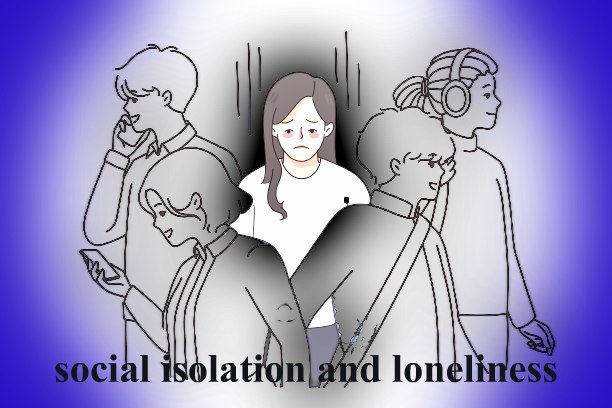The Power of Emotional Control: Refusing to be Conquered
“He who angers you conquers you.” – Elizabeth Kenny
In our journey through life, we encounter countless situations that test our patience and provoke our anger. Whether it’s a disagreement with a loved one, a frustrating interaction with a stranger, or even a heated debate on social media, anger has a way of creeping into our lives. However, it is crucial to realize that succumbing to anger means allowing others to gain control over us. As the saying goes, “He who angers you conquers you.” In this blog post, we will explore the profound wisdom behind this quote and discover how mastering emotional control empowers us to navigate through life with grace and resilience.
The Nature of Anger:
Anger is a natural and instinctive emotion that arises when we feel threatened, mistreated, or when our expectations are not met. It can manifest in various ways, ranging from mild irritation to intense rage. While anger itself is not inherently negative, it is our response to anger that determines its impact on our lives.
Understanding the Consequences:
When we allow anger to overpower us, we surrender our emotional well-being to external forces. By reacting impulsively and irrationally, we lose control over our actions, words, and thoughts. In this state, we become susceptible to manipulation, rendering us powerless. Furthermore, prolonged anger can lead to physical and psychological health issues, straining relationships, and hindering personal growth.
The Power of Emotional Control:
Mastering emotional control does not imply suppressing or denying our anger. Instead, it involves recognizing our anger, understanding its source, and consciously choosing how we respond to it. By adopting this approach, we retain our power and refuse to be conquered.
Self-Awareness:
The first step toward emotional control is self-awareness. By developing a deep understanding of our triggers, thought patterns, and emotional responses, we gain insight into the roots of our anger. This awareness enables us to detach ourselves from the immediate emotional reaction and observe it objectively.
Practice Mindfulness:
Cultivating mindfulness equips us with the ability to remain present and fully engaged in the current moment. By practicing mindfulness techniques such as meditation, deep breathing, or journaling, we develop the capacity to respond consciously rather than react impulsively to anger-inducing situations.
Empathy and Compassion:
Cultivating empathy and compassion toward ourselves and others can transform our perspective on anger. Understanding that everyone experiences their own challenges and frustrations allows us to respond with kindness and understanding, diffusing potential conflicts and reducing the intensity of our anger.
Effective Communication:
Often, anger arises from miscommunication or misunderstandings. By practicing effective communication skills such as active listening, empathy, and assertiveness, we can express our concerns and frustrations in a constructive manner, fostering understanding and resolution.
Seeking Resolution:
Instead of dwelling on anger or seeking revenge, focus on finding resolutions. Engaging in problem-solving rather than brooding over negative emotions empowers us to take charge of our lives and work towards positive outcomes.
Summary:
In a world filled with constant stressors and triggers, maintaining emotional control is an invaluable skill. By refusing to let anger conquer us, we preserve our inner peace, personal power, and overall well-being. Embracing self-awareness, practicing mindfulness, cultivating empathy, and nurturing effective communication skills empowers us to navigate life’s challenges with grace and resilience. So, let us remember the timeless wisdom embedded in the words, “He who angers you conquers you,” and choose emotional mastery as our pathway to a fulfilling and harmonious life.







